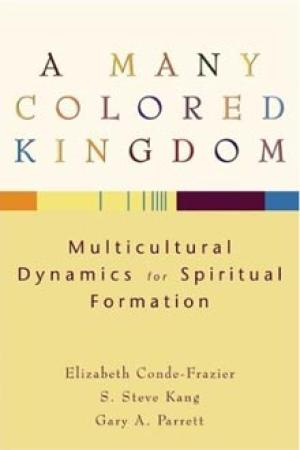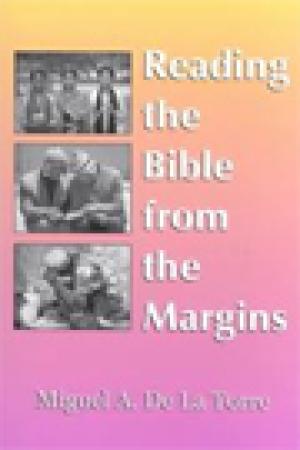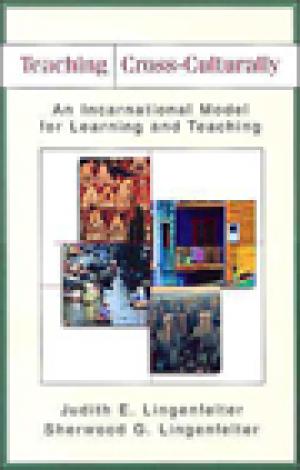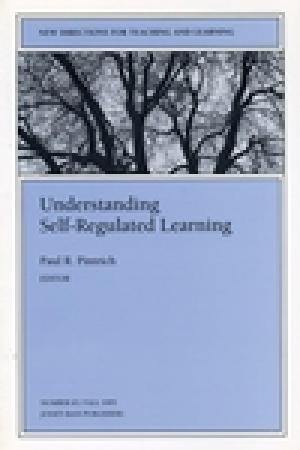Resources

A pioneer in queer theory and literary studies, Eve Kosofsky Sedgwick brings together for the first time in Touching Feeling her most powerful explorations of emotion and expression. In essays that show how her groundbreaking work in queer theory has developed into a deep interest in affect, Sedgwick offers what she calls "tools and techniques for nondualistic thought," in the process touching and transforming such theoretical discourses as psychoanalysis, speech-act theory, Western Buddhism, and the Foucauldian "hermeneutics of suspicion." In prose sometimes somber, often high-spirited, and always accessible and moving, Touching Feeling interrogates-through virtuoso readings of works by Henry James, J. L. Austin, Judith Butler, the psychologist Silvan Tomkins and others-emotion in many forms. What links the work of teaching to the experience of illness? How can shame become an engine for queer politics, performance, and pleasure? Is sexuality more like an affect or a drive? Is paranoia the only realistic epistemology for modern intellectuals? Ultimately, Sedgwick's unfashionable commitment to the truth of happiness propels a book as open-hearted as it is intellectually daring. (From the Publisher)

A Many Colored Kingdom explores Christian formation and teaching in the church, with a particular focus on intercultural and interethnic relationships. Well qualified to speak on issues of diversity, the authors describe relevant aspects of their own personal journeys, presented in compelling narrative form. They go on to identify key issues emerging from their Scripture studies and teaching experiences. A final chapter contains a conversation among the authors as they respond to one another's insights and concerns. This book will be required reading for those engaged in as well as those preparing for a life of teaching and ministry in our increasingly multicultural world. (From the Publisher)

This introduction to reading and understanding the Bible focuses on perspectives that are often ignored. Here, emphasis is placed on how issues involving race, class, and gender influence our understanding of the Bible. The author shows how "standard" readings of the Bible are not always acceptable to people or groups on the "margins." The poor and those who are targets of discrimination because of their ethnic group or gender may have quite different insights and understandings of biblical texts that can be of value to all readers. (From the Publisher)
Using the example of LaGuardia Community College in Long Island, New York, discusses how to use learning communities to promote inclusion and reflective examination on a range of diversity issues. Offers ground rules for class discussion of diversity and other classroom activities for fostering meaningful dialogue.

A century ago, universities were primarily in the business of molding upper-class young men for the professions. The world has changed, and universities have been forced to keep pace by experimenting with affirmative action, curriculum overhauls, part-time degree programs, and the like. But at the core of the modern university establishment is an ingrained academic culture that has operated in the same ways for centuries, contends Robert Ibarra, and in Beyond Affirmative Action, he calls for a complete paradigm shift. Why does academic culture, he asks, emphasize individual achievement over teamwork? Why do so many exams test discrete bits of knowledge rather than understanding of the big picture? Why is tenure awarded for scholarly publications rather than for sharing knowledge in diverse ways with students and a wider community? Why do undergraduates drop out? And why do so many bright graduate students and junior faculty—including many minorities, women, and some majority males—become disenchanted with academia or fail to be accepted and rewarded by the tenured faculty? Ibarra introduces a theory of "multicontextuality," which proposes that many people learn better when teachers emphasize whole systems of knowledge and that education can create its greatest successes by offering and accepting many approaches to teaching and learning. This revolutionary paradigm also addresses why current thinking about academic systems and organizational culture, affirmative action, and diversity must be revised. Ibarra bases his groundbreaking proposals upon his own synthesis of findings from anthropological, educational, and psychological studies of how people from variouscultures learn, as well as findings from extended interviews he conducted with Latinos and Latinas who pursued graduate degrees and then either became university faculty or chose other careers. From his perspectives as a practicing anthropologist, teacher, researcher, and administrator, Ibarra provides a blueprint for change that will interest: * Administrators developing campus strategic plans * Boards, commissions, and agencies making policy for educational institutions * Students and faculty struggling to find ways that academia can serve multiple constituencies * Academic and career advisors to students * Researchers in cognitive psychology, sociology, anthropology, education, and ethnic studies * Businesses rethinking their organizational cultures and strategies (From the Publisher)

How can Christian educators teach effectively in different cultures? Here are winning principles drawn from educational theory and personal experience. How can Christian educators teach effectively within a culture not their own? In what sense is teaching part of the Great Commission? These questions are being asked more and more often in our increasingly global community. In the opening chapter of Teaching Cross-Culturally, Judith Lingenfelter recounts two contrasting teaching experiences she had early in her career. First, she taught junior high students in a rough urban setting near Pittsburgh. Next, she taught elementary students at a school on the small island of Yap in the western Pacific. Both experiences, she discovered, were examples of cross-cultural teaching. Teaching Cross-Culturally is designed to complement Sherwood Lingenfelter's highly successful Ministering Cross-Culturally. It takes similar insights and applies them specifically to an educational setting. It also guides readers with little understanding of cross-cultural challenges in ministry and helps them see how cultural sensitivity and effective teaching are inseparably linked. Chapters include discussions about how to uncover cultural biases, how to address intelligence and learning styles, and teaching for biblical transformation. Teaching Cross-Culturally is ideal for the western-trained educator who plans to work in a non-western setting. Missionaries, "tentmakers, " and those who teach in an increasingly multicultural North America will find this book helpful. (From the Publisher)

This volume of New Directions for Teaching and Learning is a practical compendium of advice and information on the development, administration, and assessment of interdisciplinary studies programs and schools. A bibliographic orientation to hands-on access, including electronic retrieval of information, precedes chapters reviewing the design of interdisciplinary courses, and how the role of administrators in interdisciplinary programs can further institutitonal goals. The final chapter looks beyond the local campus to national and international support networks. The contributors, who share their extensive experience in the teaching and administration of interdisciplinary studies, provide many examples of good (and bad) praxis. This is the 58th issue of the quarterly journal New Directions for Teaching and Learning. (From the Publisher)